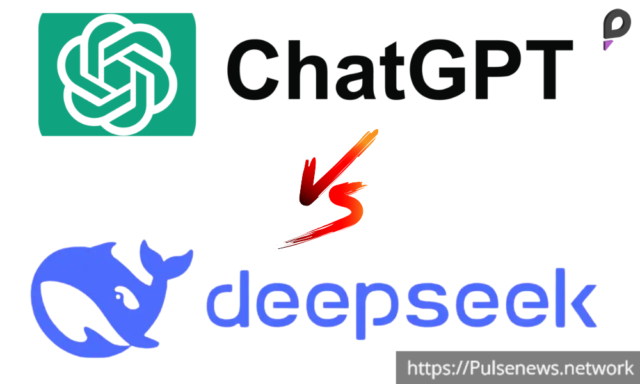Artificial intelligence (AI) has been a part of our lives for years, but the rise of generative AI has taken its potential to a new level. AI programs like ChatGPT and DeepSeek are leading the charge, showcasing the remarkable capabilities of this evolving technology.
What Are Generative AI Programs?
Generative AI refers to programs that create content based on user input. These programs, also called chatbots, can hold conversations, write essays, draft emails, or even create budgets and grocery lists. ChatGPT and DeepSeek are prime examples, enabling users to engage in seamless and intelligent interactions through text-based conversations.
However, generative AI isn’t limited to text. Other programs, such as MidJourney, specialize in generating images from written descriptions. Beyond that, generative AI can create videos and compose music that mirrors the style of renowned artists, illustrating its versatility and wide range of applications.
What Can AI Do?
Generative AI programs can perform various tasks, including:
- Writing paragraphs, essays, and articles.
- Developing personalized budgets or grocery lists.
- Generating realistic images or artwork from text.
- Creating videos and animations.
- Composing music inspired by famous musicians.
This functionality has made AI tools incredibly popular across industries like education, content creation, marketing, and design.
The Flaws and Ethical Challenges of AI
Despite their impressive abilities, AI programs are not flawless. They can generate inaccurate information, leading to confusion or misinformation. Additionally, these tools often reflect the biases present in their training data, such as sexism or racism, sparking concerns about fairness and inclusivity.
The creative community has also voiced opposition to AI. Many artists, writers, and performers argue that generative AI exploits their work without compensation. By mimicking their unique styles, these programs can imitate—and sometimes replace—their efforts without offering any credit or payment.
Artists Speak Out Against AI
Several prominent figures in the entertainment industry have raised concerns about AI. Musicians like Billie Eilish and Nicki Minaj have condemned its “predatory” use in the music world. They argue that AI-generated music threatens creativity and intellectual property, demanding stricter regulations to protect original work.
The Future of AI
Generative AI programs like ChatGPT and DeepSeek, holds immense potential to transform industries and improve productivity. However, as its capabilities grow, so do the challenges surrounding ethics, bias, and intellectual property. Striking a balance between innovation and responsibility will be essential to ensure AI benefits society while respecting creative and cultural boundaries.
Generative AI is reshaping the way we work and create, but its success depends on how responsibly it is developed and used. As we embrace these advancements, the conversation about ethical AI use is more important than ever.











